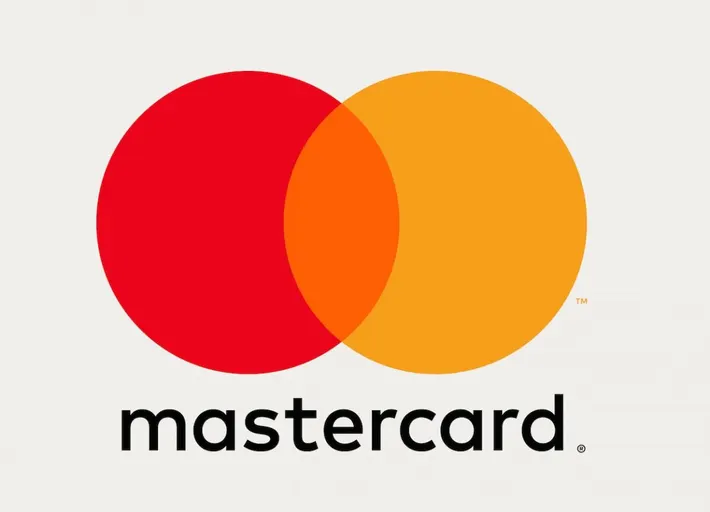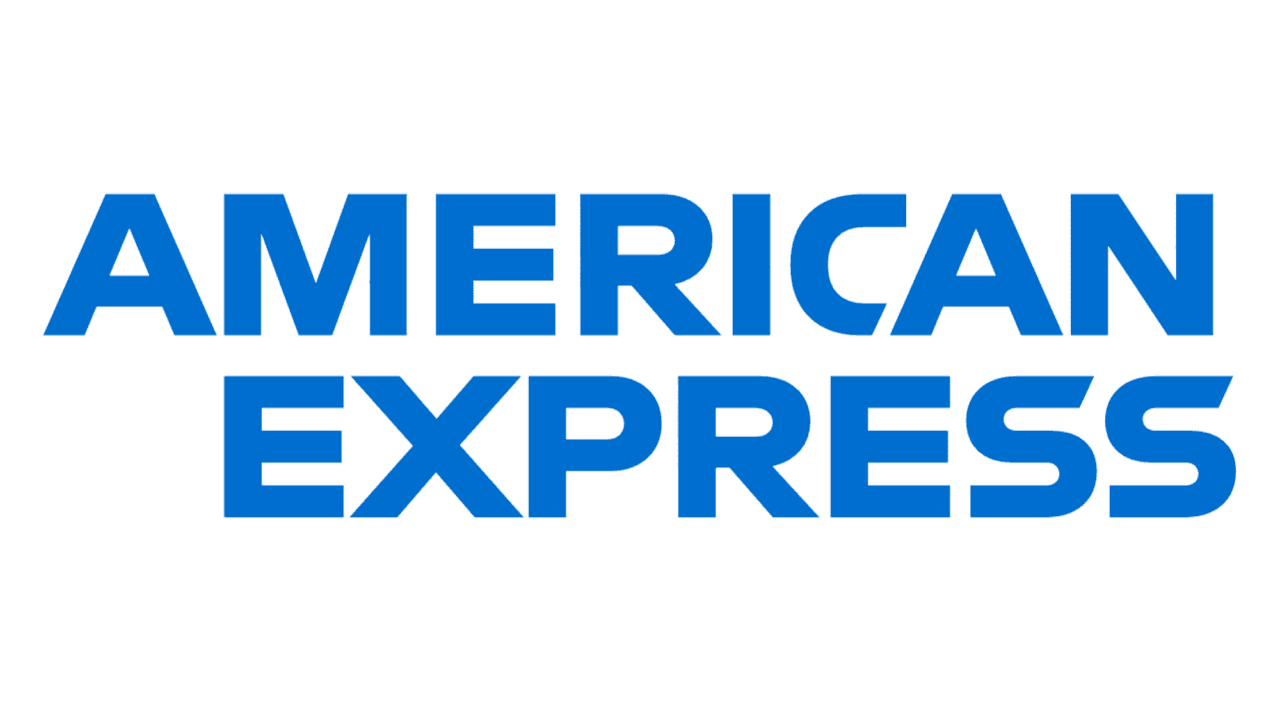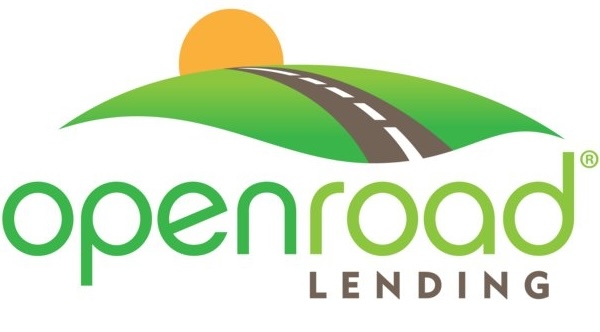
What is a money market account and how does it work?
A money market account is a type of savings account offered by a bank or a credit union with a high interest rate and limited features for transactions, for instance the use of a debit card and the ability to write personal checks. Simply put, money market accounts are something like a cross between a savings and checking accounts. They usually have a significantly better interest rate then your traditional savings account but have fewer options for day-to-day transactions than a checking account. Money market accounts are an effective option for building emergency savings that can be accessed quickly. They have a broad range of features associated with them, so shopping around is essential to find the one that will work for your situation.
How do money market accounts earn interest?
The interest rate in a money market account is represented as an APY (or annual percentage yield). It is usually calculated based on average daily balances but is deposited to the account monthly.
Example of how interest is earned
Let’s assume your money market account has an interest rate of 3.65%. You would accrue interest at the rate of 0.01% every day (3.65% ÷ 365 days) through the month of April. Now assume that you had an average of $10,000 deposited throughout the month of April. At the end of the monthly statement period, the bank would put $30 dollars in your account all at once as accrued interest.
| Avg Balance | Interest rate | Interest rate per day | Interest earned in 30 days | APY |
| $10,000 | 3.65% | 0.001% | $30 | 3.71% |
Note that the APY is higher than the interest rate because interest accrued during the year is compounded, meaning that future interest is calculated on the principal and the interest earned up to that point.
What are the characteristics of money market accounts?
Money market accounts can come in many different sizes with different features targeted to different deposit amounts. No two are the same in terms of whether they charge fees and what kind of features they provide. It’s important to know all of the features that a money market account could provide to identify the one that would be best for you in your circumstance.
Minimum initial deposit needed
There is no normal set initial minimum deposit for a money market account. Some banks will allow you to open a one with no deposit. Others will require $500 or even $2,500. High-end money market accounts often require $10,000. Interestingly enough, the requirements for an initial deposit aren’t always correlated to more or better features. Also, a minimum initial deposit is not the same thing as the minimum required balance. That means money has to be in the account start, but that balance may not need to be maintained.
Minimum balance needed to earn interest
Some money market accounts will require a certain minimum balance in order to earn interest. That means having less than the required minimum balance will result in earning no interest. But not all are like that. Some banks require a high minimum balance while others require no minimum balance at all.
Minimum balance to avoid maintenance fees
Most banks charge a monthly maintenance charge to their money market accounts, but almost all of those that charge a maintenance fee provide a minimum balance requirement in order to waive the fee. Once again, there is a vast range of money market accounts when it comes to the minimum balance needed to avoid a maintenance fee. Some are targeted towards higher balance amounts and might have a minimum balance of $25,000. Still others will allow you to avoid a maintenance fee by maintaining a balance of $500. There are others that have no maintenance fee at all and therefore no minimum required balance to avoid a fee.
APY or annual percentage yields
The annual percentage yield, or APY for short, on a money market account is the amount of interest income you can expect to see on a balance over the course of a year. The annual percentage yield will always be a little bit higher than the interest rate because the interest is compounded over the course of the year. That means that interest previously earned is part of the amount used to calculate future interest.
APY tiers or balance tiers
A very common practice is for a money market account to have APY tiers or balance tiers. These are different balance thresholds at which different interest rates are earned.
There is a lot of variety to how many tiers as well as the interest earned from the different tiers. Some may have as many as six different balance tiers with a graduating interest rate increasing as balance increases. But that isn’t always the case. Some banks have tiers that work the opposite, meaning once you’ve reached a certain threshold the interest earned on additional money is negligible.
Usually, the way the tiers work is that if the first tier is up to $2,000 you will earn a certain interest rate for $2,000 and if the second tier is up to $10,000 you earn a different interest rate on the amount of money you have between $2001 and $10,000.
Understanding a bank’s tier structure is crucial if your money market account balances will vary or if you have a specific amount in mind. It helps in choosing the most suitable account for your needs.
Money market accounts are safe
Money market accounts are a very safe place to store your savings because they are protected under federally insured deposits. That means they are insured by the federal government as long as the bank or credit union is part of a national insurance program (FDIC for banks and NCUA for credit unions). Balances are guaranteed up to $250,000 for individual accounts and up to $500,000 for joint accounts.
Access to a debit card
Most, but not all, money market accounts offer a debit card that gives convenient access to the funds.
Access funds from an ATM machine?
Many money market accounts have access to a network of ATMs where people can withdraw funds. The banks or credit unions that offer ATM access may charge you a fee if you use an ATM outside of their network. It is very uncommon for money market accounts to have the ability to make a deposit using an ATM.
Personal checks are available
Money market accounts offer the unique advantage of writing personal checks directly from the account, ideal for significant purchases from savings. However, institutions may limit the number of checks written in a month. Remember, while checks are an option, money market accounts aren’t intended for daily use.
Overdraft protection is available
Some money market accounts will offer the option to have overdraft protection. Overdraft protection will come with a fee associated anytime the account is overdrafted.
Transaction limits
Money market accounts are not meant to be used for daily financial transactions, but can be a very convenient way to access the funds on a periodic basis. Many banks and Credit Unions will charge a fee if more than a set number of transactions are conducted in the money market account in a given calendar month.
The most common transaction limit is six transactions. After the limit has been reached an excess transaction fee may be charged in order to execute subsequent transactions before the month is up.
Recent federal regulations have removed the restriction prohibiting access above transaction limits but that may not prevent a bank or credit union charging for exceeding the transaction limit.
Common fees
Money market accounts may have various fees, but not all will impose these charges. Some money even pride themselves on being fee-free, offering a cost-effective option. Here are some common fees.
- Monthly maintenance fees: Typically $10 to $15; often avoidable with a minimum balance.
- Excess withdrawal fees: Applied when exceeding monthly withdrawal limits; not all institutions charge these.
- Inactive account fee: Triggered by prolonged account inactivity (usually about a year).
- Paper statement fee: Encourages digital statements and may be charged for paper statements.
- Stop payment fee: Charged for stopping a transaction.
- Returned deposit fee: Incurred for insufficient funds on checks, debit card charges, or ACH transfers.
- Wire fees: Charges for domestic or international wire transfers.
Do I have enough saved to use a money market account?
Choosing to use a money market account depends more on the account’s requirements than your savings balance. Balances can vary widely; some have no minimum balance, while others might require $10,000, $25,000, or even $100,000.
Can I use direct deposit for my money market account?
You can set up direct deposit for a money market account as easily as you would for savings or checking account. The downside of setting up direct deposit on a money market account is that there is usually a transaction limit. It may be unwise to direct deposit into a money market account if the deposit is used to cover monthly bills and daily expenses.
Are there minimum required balances for money market accounts?
There are four types of minimum balances associated with money market accounts. Not all will have minimum requirements and the ones that do are unlikely to have requirements for all four. The four different minimum balance requirements are:
- Minimum initial deposits which is the amount needed to open an account
- Minimum balance required to earn interest which is the amount needed to earn any interest in the account
- Minimum balance required to avoid the monthly maintenance fee
- Minimum required average daily balance
What are the advantages of money market accounts?
There are five notable advantages to using a money market account:
- Higher interest rates: Generally offers better rates than traditional savings accounts.
- Personal checks: Conveniently allows writing personal checks directly from the account, facilitating significant purchases.
- Debit card access: Offers a debit card for easier money accessibility compared to traditional savings accounts.
- Safe storage: Typically insured by the FDIC or NCUA, ensuring protection against bank failure.
- Flexibility: Strikes a balance between savings and checking accounts, providing more flexibility than certificates of deposit (CDs).
What are the disadvantages of money market accounts?
There are several drawbacks to money market accounts:
- Limited transactions: Typically, there’s a monthly limit of 6 transactions.
- Fees: Pay attention to potential fees—while not all accounts have them, some may charge fees that could affect you.
- Minimum balance requirements: Many money market accounts mandate minimum balances. Fluctuating balances might affect interest earnings or lead to monthly maintenance fees.
- Ease of access: The accessibility of funds through checks, debit cards, or ATMs could tempt unintended spending of your savings that is meant for longer-term or emergency needs.
What are good alternatives to money market accounts?
The most popular alternatives to money market accounts are high yield savings accounts because they offer flexibility and the ability to earn higher interest rates. High yield savings accounts do not offer debit cards, so they are not as flexible.
Here are three alternatives:
What is the difference between the interest rate and APY?
When it comes to money market accounts, the interest rate is the rate at which you earn interest on balances. The annual percentage yield (APY) is the percentage increase you can expect over the course of the year. APY is always higher than the interest rate is because interest compounds, which means you are earning interest on the money you’ve made in interest. Therefore, the overall yield will be higher than your interest rate.
Is a money market account and a money market mutual fund the same thing?
Money market accounts and money market mutual funds are very different things. A money market mutual fund is a type of investment which delivers a fixed income by investing in safe, short-term debt securities.
When should I use a money market account?
Money market accounts are a hybrid between savings and checking accounts. They are best used when you are building or maintaining a savings that you would like to have access to. Here are a few situations when one might be a good idea.
- Emergency funds: Ideal for building accessible emergency funds, ensuring readiness during unexpected situations.
- Large purchases: Great for accumulating savings toward significant expenses like a home, car, or business, providing safety and potential interest.
- Long-term savings: Recommended by some advisors for emergency savings equivalent to three months’ salary, offering accessibility and modest interest earnings.
- Retirement funds: Suitable for individuals nearing retirement who prefer lower risk, providing a secure option to safeguard some retirement funds without market exposure.
Are there limits on money market transactions?
Money market accounts usually have limits to the number of free transactions that can be conducted each month. Most limit the number of transactions in a month to six. But federal regulation in 2020 removed the hard limit. That means you can do more than the six transactions, but you might need to pay an excess transaction fee, which can be as much as $35.
What is the difference between a money market account and a certificate of deposit (CD)?
Money market accounts act like a mix of a savings and a checking accounts. Meanwhile, a certificate of deposit is a saving product that offers a better interest rate than a traditional savings account but restricts how you can use the money. The APY is a fixed rate for a specified term. You are committed to keeping your money in the CD during the length of the term. The bank penalizes you if you remove the funds before the CD matures.
| Money market account | Certificate of deposit (CD) | |
| Interest rate | Slightly better than traditional savings accounts | High |
| Interest calculation | Variable | Fixed |
| Checks | Limited | No |
| Debit card | Yes | No |
| FDIC insured | Yes | Yes |
| Access to money | Many options | Limited by term |
What is the difference between a money market account and a high-yield savings account?
On the surface, there often doesn’t appear to be a significant difference between a money market account and a high-yield savings account. They both boast much higher interest payout than a traditional savings account and they both have some restrictions on the number of transactions you can execute in a month.
| Money market account | High-yield savings account | |
| Interest rate | Slightly better than traditional savings accounts | High |
| Interest calculation | Variable | Variable |
| Checks | Limited | No |
| Debit card | Yes | No |
| FDIC insured | Yes | Yes |
| Access to money | Many options | Few options |
Is a money market account the best way to build savings?
A money market account can be a great tool in your effort to build up your savings. It can be a good place to build an emergency fund, large purchase fund, and a rainy day fund. In all of those circumstances, you don’t need to access the account on a regular basis but could benefit from having the funds readily accessible through a debit card (in the case of paying for an auto repair) or through writing a check (in the case of making a big purchase). Check out our information on how to save money.
























